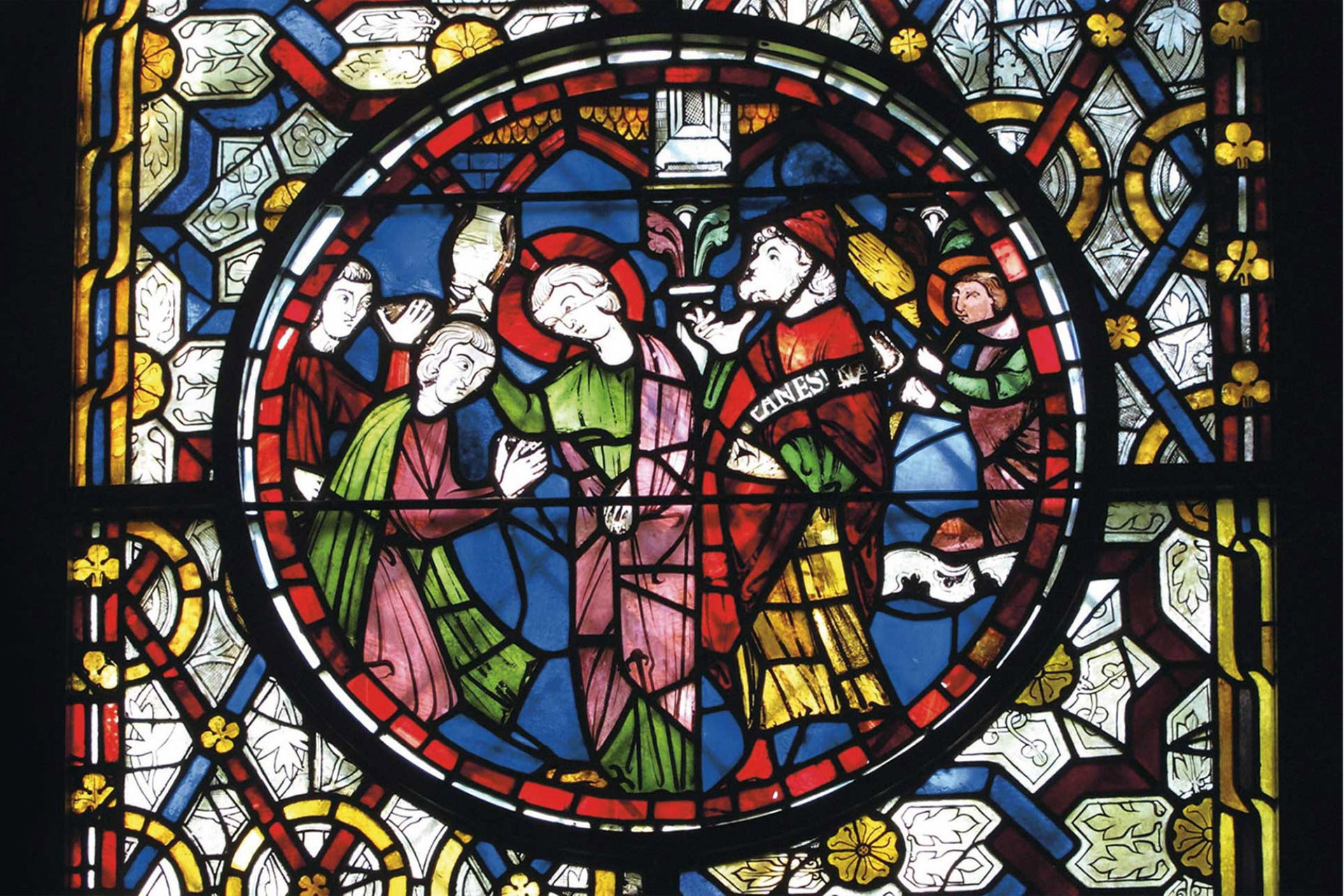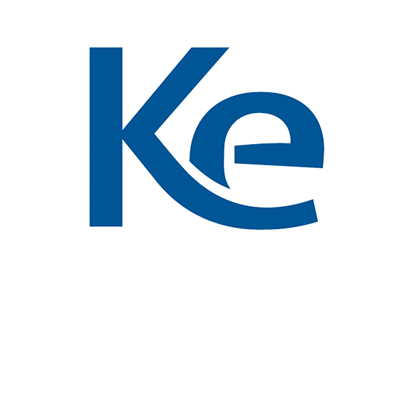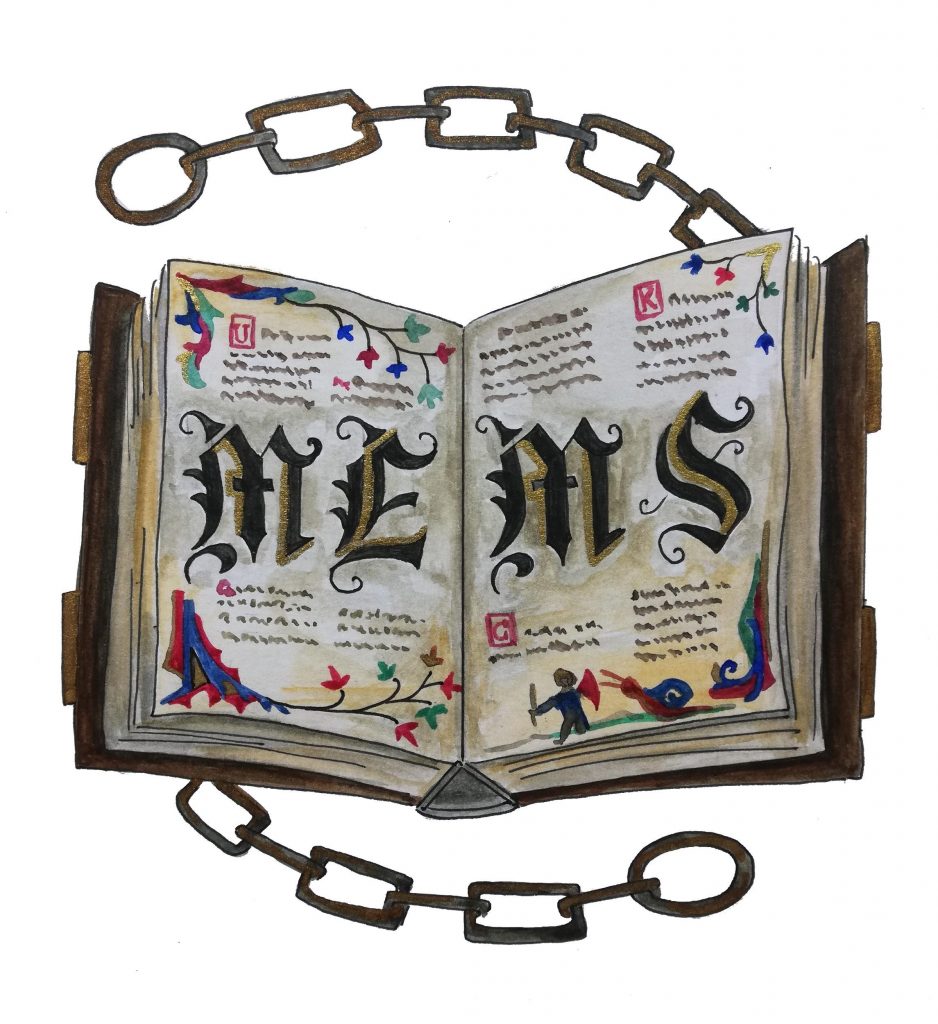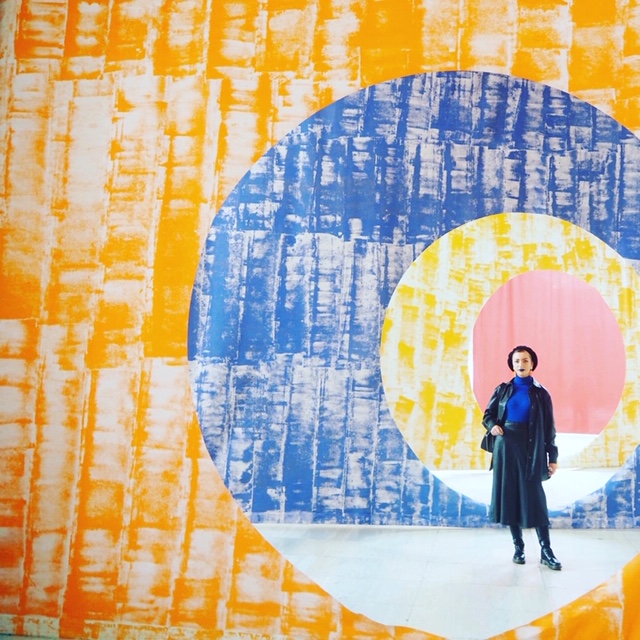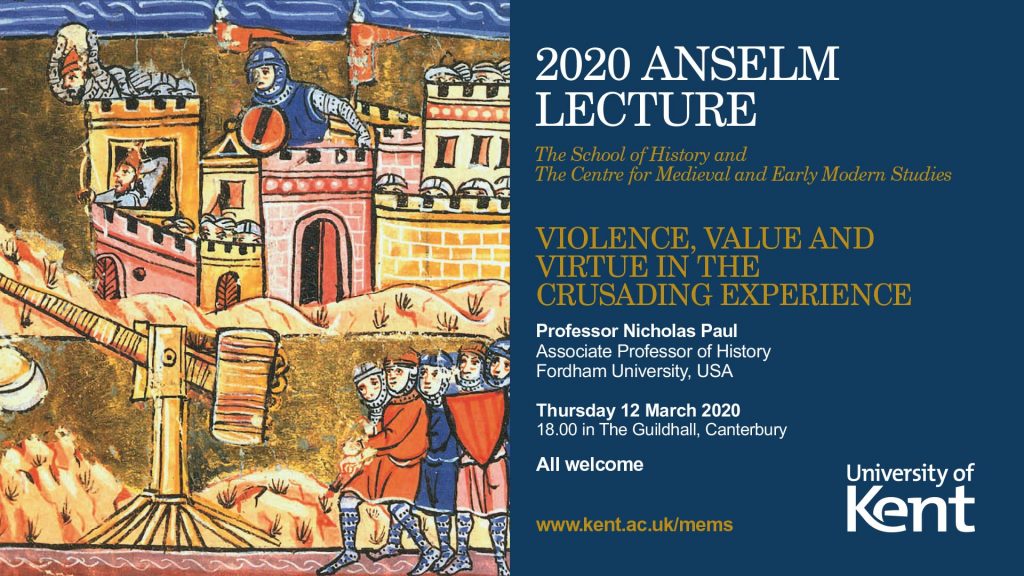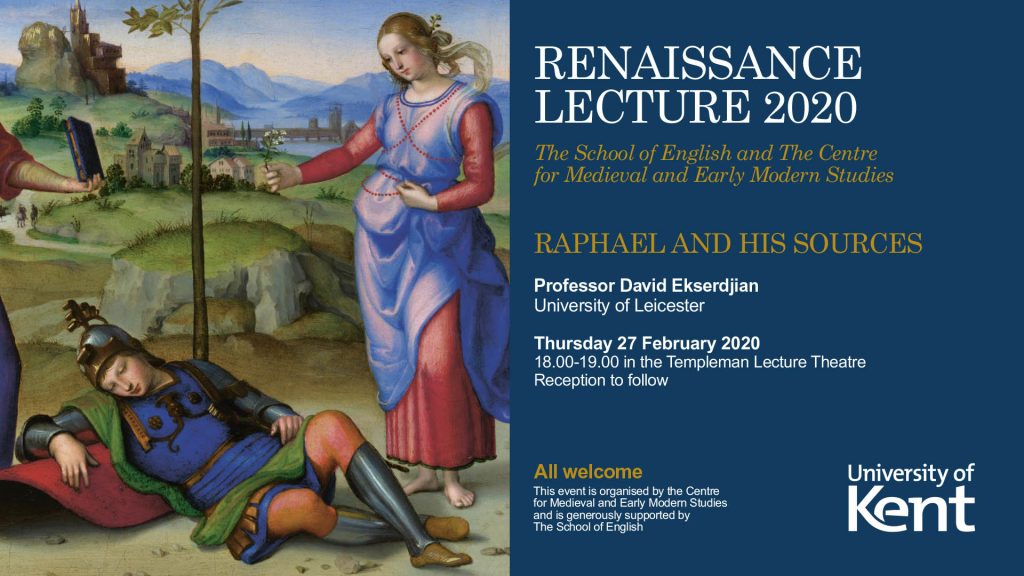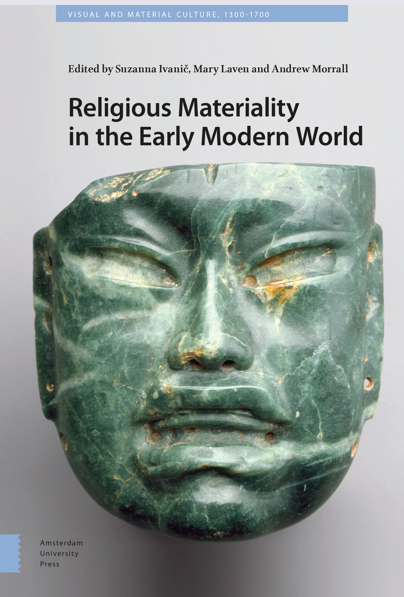Hwæt! Thanks to a CHASE Cohort Development Fund, we are delighted to announce that we will be running online Old English and Medieval French language … Read more
Author: usa
Reflections on the MEMS Summer Festival 2020
Just over a month has passed to process the MEMS Summer festival, the sixth hosted by the centre, and one that proceeded against a decidedly … Read more
MEMSlib: Unchaining the locked-down library
With Covid-19 closing the doors of our physical libraries, a team of postgraduate students at the University of Kent’s Centre for Early Modern Studies (MEMS) … Read more
‘Immersive, rich and caffeinated!’; medieval studies in Paris
Annabelle Stephenson is nearing the end of her Master’s degree studies with MEMS, and was one of the first-ever students to take up the opportunity … Read more
New research grant award for MEMS’ Dr Ryan Perry
Many congratulations to Dr Ryan Perry (University of Kent) and to Dr Stephen Kelly (Queens University of Belfast) who have just been awarded £367,000 by … Read more
MEMS study trip to Florence and Rome
In February of this year’s Spring term, a group of twelve MA Medieval and Early Modern students took part in a five-day study trip to … Read more
The 2020 Anselm Lecture
MEMS and The School of History at the University of Kent are delighted to welcome Professor Nicholas Paul, of Fordham University, New York State to … Read more
Prof David Ekserdjian to give the annual Renaissance Lecture
MEMS is delighted to announce that Professor David Ekserdjian, world-renowned authority on Italian Renaissance paintings and drawings will give this year’s Renaissance Lecture. Entitled Raphael … Read more
Announcing the sixth MEMS Summer Festival
The Centre for Medieval and Early Modern Studies (MEMS) at the University of Kent is delighted to announce that its popular and lively MEMS Summer … Read more
Dr Suzanna Ivanic co-edits new publication
A new book entitled, Religious Materiality in the Early Modern World has just been published by Amsterdam University Press. Co-edited by Dr Suzanna Ivanic (University … Read more
